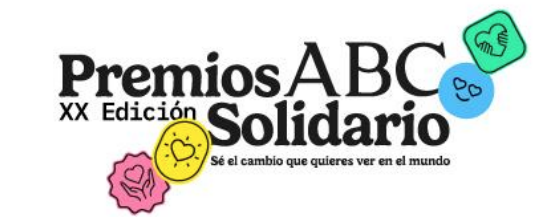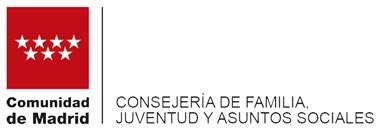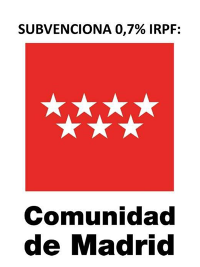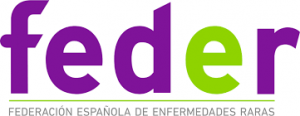Help us
Project overview
Over the last ten years, a growing number of controlled studies have been conducted to assess the possible curative effects of musical therapies on a variety of neurological illnesses.
Recently, studies have shown that music can also aid in the development of prosodic skills (HP). Prosody is the rhythm and melody of language, and it serves important linguistic purposes such as distinguishing between words and syllables and assisting us in understanding phrases. This structure enables us to detect the beginning and conclusion of a sentence as well as a wide range of communicative material such as the type of statement (question, statement, request), our attitude toward the information we communicate (doubt, assurance), our emotional states, and so on. This is critical for language development as well as the reading and writing learning processes. The temporal pattern of music and speech is comparable.
Pathologies associated with neurological disorders, such as those encountered by the children at Celia and Pepe’s School, might impair overall cognitive development, including PH. Musical treatments appear to promote their growth.
Furthermore, music and sleep appear to be linked; a musical intervention could promote sleep processes in children with neurodevelopmental abnormalities, who are prone to sleep disturbances.
The professional team at Cole de Celia y Pepe, led by Dr. Adrián García Ron, have devised and implemented a multimodal musical intervention to support the neurocognitive and neuro-functional development of Cole de Celia y Pepe’s students
Purpose / working hypothesis
General objetives:
To investigate the cognitive and behavioral effectiveness of multimodal musical intervention in children with neurological diseases.
Specific objetives:
Increasing prosody: levels of lexical awareness, accentual awareness and syllabic awareness.
Financing
The project costs €47,860 and contains the following components:
- neurocognitive evaluations
- creation of the musical intervention
- execution of the musical intervention
- supplies required
- administration, reports, statistical analysis, and publication
All of the specialists that participate in this initiative have volunteered countless hours.
Annexed documents
Management and progress
The project will be supervised both by Dr. Adrián Garcia Ron himself and the Fundación Querer’s scientific project coordinator.
Progress
- Sep 2021: statement of the project’s objectives, phases, and requirements
- Oct – Nov 2021: execution of the musical intervention
















